CALBHAS XT Tablet
Product Highlights
* Provides nutrients for bone health and maintenance
* Contains calcium and Vitamin D3 as key ingredients
* Helps to treat osteoporosis, osteomalacia, and hypoparathyroidism
* Helps to improve calcium and phosphorus absorption
MRP 298/15 Tablets
Information about CALBHAS XT Tablet
It is used to treat osteoporosis, osteomalacia, and post-menopausal osteoporosis. It is particularly helpful in treating calcium and Vitamin D3 deficiency. It improves the absorption of calcium and phosphorus, thereby providing nutrients for bone health and maintenance. It also increases bone density by facilitating the absorption of calcium in the intestine.
This tablet has calcium and Vitamin D as key ingredients along with Vitamin B5 (as Pyridoxal-5-Phosphate), Vitamin B9 (as L-Methylfolate Calcium), and Vitamin B12 (as Mecobalamin). Calcium is most commonly associated with the formation and metabolism of bone. The presence of Vitamin D3, a fat-soluble vitamin, helps the gut to absorb calcium from food. It also helps the body to maintain adequate levels of two minerals essential for bone health, calcium and phosphorus. This further enables the body to preserve bone health.
It is advised to maintain the level of calcium and Vitamin D3 in the body for proper bone health. Do not take more than the recommended dose as it may lead to various side effects which can include excessive loss of calcium from the bones. If you have any doubt or wish to know the dose, consult your doctor before taking it.
Key ingredients:
Calcium (calcium carbonate): 1250 mg
Vitamin D3: 2000 IU
Mecobalamin (vitamin B12): 1500 mcg
L-Methylfolate Calcium (Vitamin B9): 1 mg
Pyridoxal-5-Phosphate (Vitamin B5): 20 mg
Key uses of CALBHAS XT Tablet:
Helps to maintain the level of calcium which is a vital component of bone architecture and is required for deposition of bone mineral
Helps in preventing osteoporotic fractures in postmenopausal women
Helps in the maintenance of bone health
Regulates intestinal calcium absorption and the stimulation of bone resorption, leading to the maintenance of serum calcium concentration
Lowers homocysteine level to normal, thus reducing the risk of fractures
Functions as a cofactor to build up cross-links between bones, thus helping in the prevention of osteoporosis
Direction for use:
Take CALBHAS XT Tablets as directed by your physician. In general, it is best to take it after meals, as the source of calcium in these tablets is calcium carbonate, which is absorbed well in the presence of food.
Quick tips for CALBHAS XT Tablet:
Consult your doctor before you decide on taking supplements.
Do not take iron and calcium supplements together, as the absorption of calcium may get hindered.
It should not be taken by people suffering from tissue calcification, malabsorption, kidney problems, or blood cancer.
To avoid overdosing on these supplements, inform your doctor if you are taking any other product containing Vitamin D or calcium along with CALBHAS XT tablets.
Do not take these supplements if you are allergic to Vitamin D, calcium, or any other ingredients present in this medicine.
In case you miss a dose, take it as soon as you remember. However, if it’s almost time for the next dose, skip the dose you missed and take your next dose at the scheduled time.
Side effects of CALBHAS XT Tablet:
These tablets are usually safe and don’t cause any side effects when taken as per the doctor’s recommendation. However, when taken in a higher dose, it may cause certain side effects such as nausea, diarrhea, vomiting, and stomach upset.
Storage and safety information:
Read the label carefully before use.
Do not exceed the recommended dose.
Keep out of the reach and sight of children.
Store in a cool‚ dry, and dark place.
Protect from the direct sunlight.
Key benefits of CALBHAS XT Tablet:
Calcium is needed by the body for proper bone health. Lack of calcium could lead to a condition called rickets in children and osteomalacia or osteoporosis in later life. The symptoms of calcium deficiency include weak nails that break easily, dry and rough hair, dry and scaly skin, and muscle cramps.
Vitamin D helps in the absorption of calcium in the body. A fat-soluble vitamin, its deficiency is said to be associated with increased risk of osteoporosis (weak and brittle bones), osteomalacia (softening of the bones), and rickets (a condition in which the mineralization of the bone tissue does not occur properly which can lead to bone softening and occurrence of bone deformities).
Vitamin B5 (Pantothenate) is needed for the synthesis of enzymes that form an integral part of various metabolic pathways such as carbohydrates, lipids, and proteins.
Vitamin B9 (Folic acid) acts as a coenzyme in the synthesis of nucleic acid (DNA) and red blood cells. It is responsible for oxygen supply and the overall growth and development of our body.
Vitamin B12 (Cobalamin) strengthens our nervous system and is an important part of DNA synthesis and maturation. It helps in converting homocysteine to methionine which plays an essential role in protecting the heart. Deficiency of Vitamin B12 can lead to megaloblastic anemia and some neurological problems.


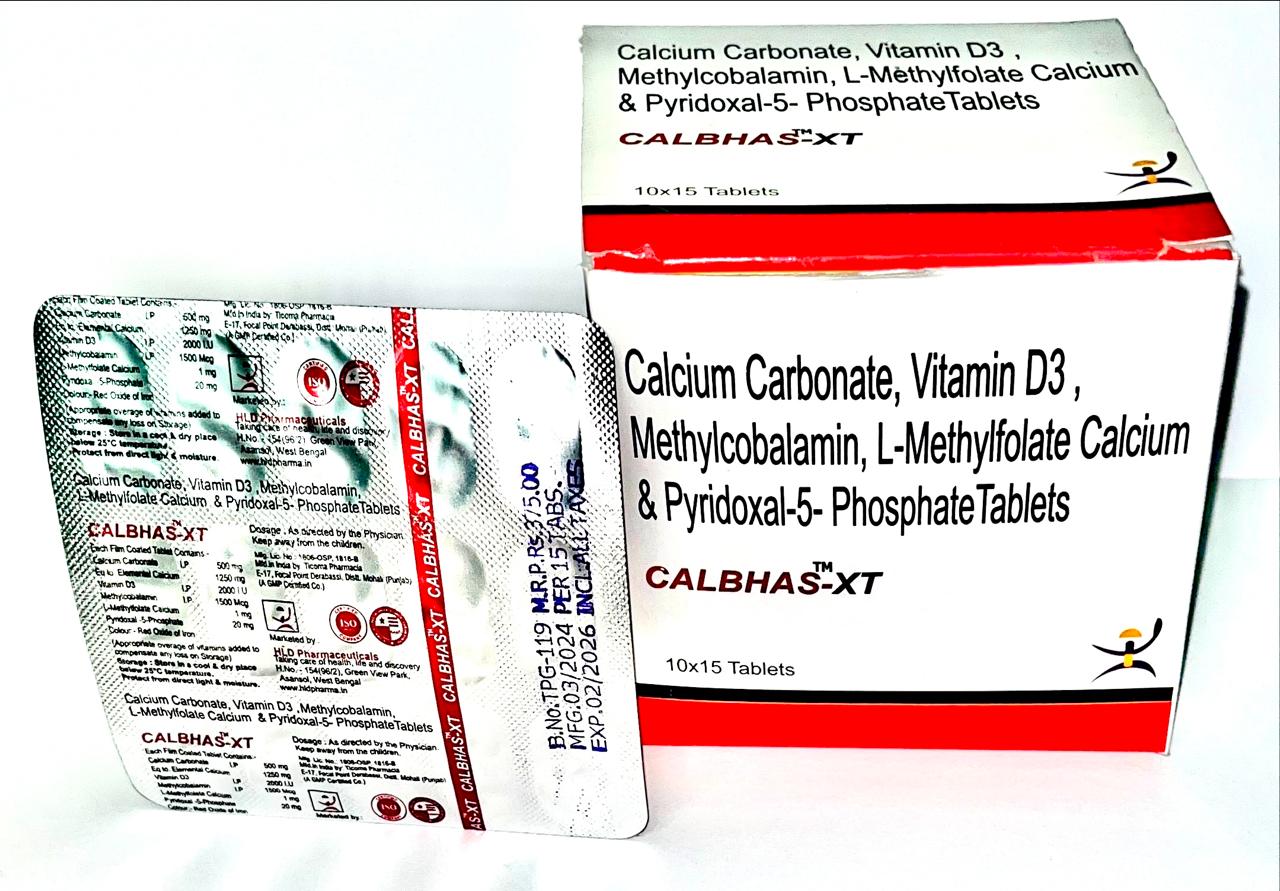
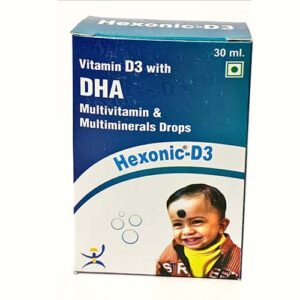
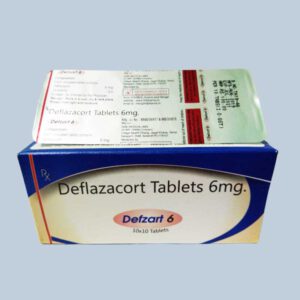
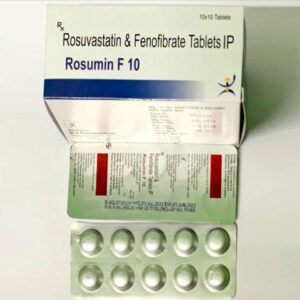
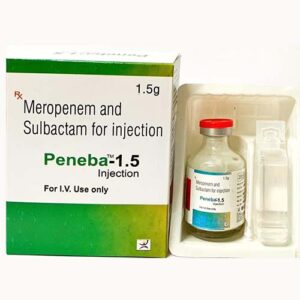
Reviews
There are no reviews yet.